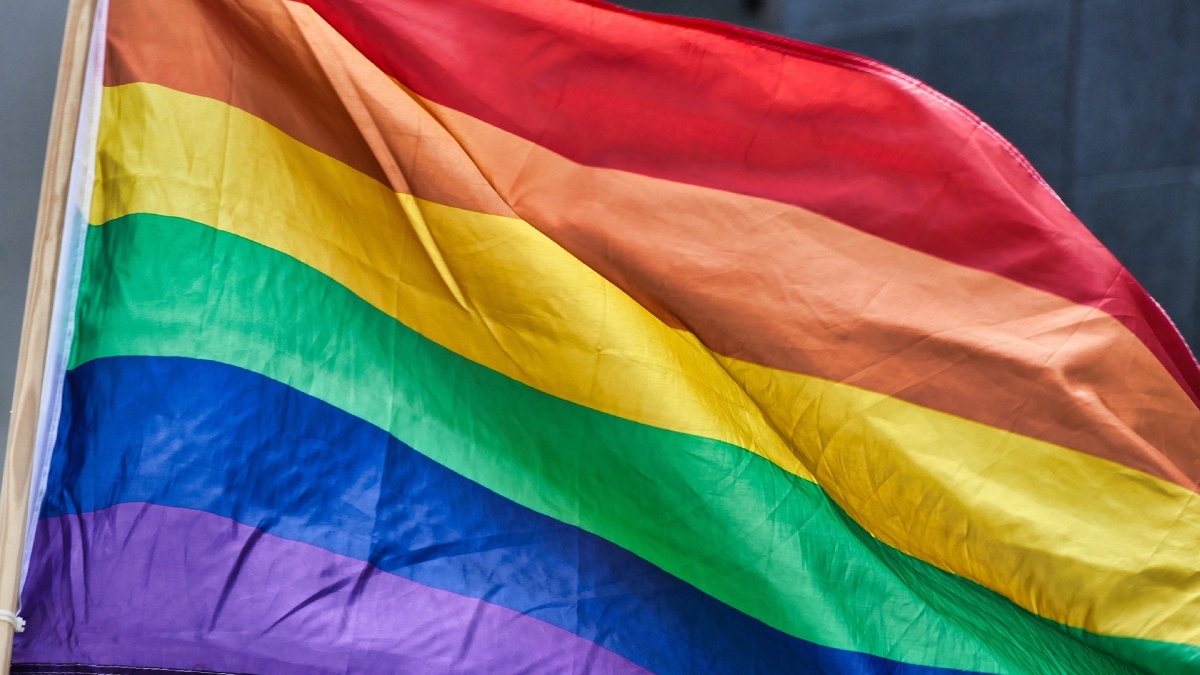Iraq’s parliament has approved a bill criminalizing same-sex relations, imposing penalties of up to 15 years in prison, sparking outcry from human rights advocates.
The amendments, made to a 1988 anti-prostitution law, also impose a three-year jail term for transgender individuals. A draft initially proposed capital punishment for same-sex relations, alarming campaigners.
According to AFP, the amended law stipulates sentences ranging from 10 to 15 years for those engaged in same-sex relations, with a minimum seven-year term for promoting such relations, and one to three years for men deemed to be “intentionally” acting like women.
Additionally, the law criminalizes gender-affirming surgeries, punishing transgender individuals and performing doctors with up to three years in prison.
Iraq’s conservative society has long stigmatized homosexuality, but there had not been explicit legal penalties until now. LGBTQ individuals have faced prosecution under vague morality clauses.
Amnesty International’s Iraq researcher, Razaw Salihy, condemned the amendments, stating they institutionalize discrimination and violence faced by the LGBTQ community.
The legislation also bans organizations promoting homosexuality and penalizes “wife swapping” with lengthy prison sentences.
Raed al-Maliki, a lawmaker advancing the amendments, defended the law as necessary to protect society, dismissing international criticism as interference in Iraqi affairs.
The United States and the European Union have expressed deep concern over the law, with the US State Department warning it undermines Iraqi reform efforts and endangers vulnerable populations.
Human Rights Watch and IraQueer have documented rampant abuses against LGBTQ Iraqis, including kidnappings, rapes, and murders, exacerbated by anti-LGBTQ rhetoric from politicians and social media users.
Sarah Sanbar, a researcher with Human Rights Watch, denounced the law as a setback for human rights, urging Iraq to focus on legislation benefiting all citizens.





